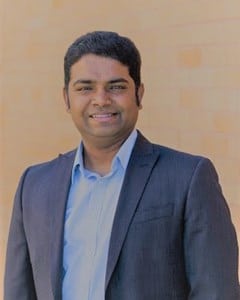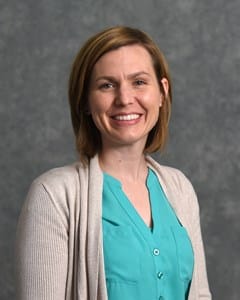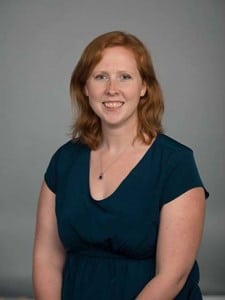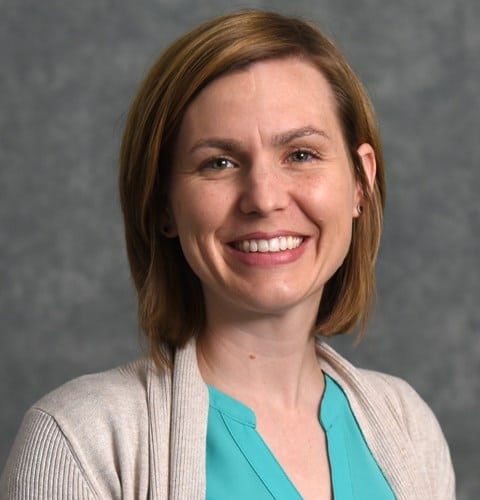


The CUR Mathematics and Computer Sciences Division has announced the recipients of its 2020 Faculty Mentor Award, which recognizes outstanding mentoring of undergraduate researchers:
Early career: Vinodh Kumar Chellamuthu (Dixie State University)
Mid-career: Rachael Miller Neilan (Duquesne University); Carolyn Otto (University of Wisconsin-Eau Claire)
Dr. Chellamuthu is assistant professor in the Mathematics Department at Dixie State University. He received his BS in mathematics from University of Madras, his MS in mathematics from Anna University, his MS in applied mathematics from Tulane University, and his PhD in mathematics from University of Louisiana at Lafayette. His main research interest is in mathematical modeling. His work with undergraduates has led to more than 50 conference presentations by students.
Dr. Neilan is associate professor in the Department of Mathematics and Computer Science at Duquesne University. She earned her BS in mathematics from Drexel University, and her MS in applied mathematics and PhD in mathematics from the University of Tennessee. She has research interests in agent-based modeling and optimal control theory with applications in neuroscience, ecology, epidemiology, business, and oceanography. Dr. Neilan has coauthored several articles with students.
Dr. Otto is associate professor in the Department of Mathematics at University of Wisconsin-Eau Claire. She earned her bachelor’s degree in mathematics from UW-Eau Claire and her master’s and PhD degrees in mathematics from Rice University. Her main research interest is in knot theory. Dr. Otto’s mentees include more than 50 students in 36 research projects.
Founded in 1978, the Council on Undergraduate Research (CUR) focuses on providing high-quality and collaborative undergraduate research, scholarly, and creative activity. Among the many activities and networking opportunities that CUR provides, the organization also offers support for the professional growth of faculty and administrators through expert-designed institutes, conferences, and a wide-range of volunteer positions. The CUR community, made up of nearly 700 institutions and 13,000 individuals, continues to provide a platform for discussion and other resources related to mentoring, connecting, and creating relationships centered around undergraduate research. CUR’s advocacy efforts are also a large portion of its work as they strive to strengthen support for undergraduate research. Its continued growth in connections with representatives, private foundations, government agencies, and campuses world-wide provides value to its members and gives voice to undergraduate research. CUR is committed to inclusivity and diversity in all of its activities and our community.
CUR focuses on giving a voice to undergraduate research with learning through doing. It provides connections to a multitude of campuses and government agencies, all while promoting networking and professional growth to its community.


